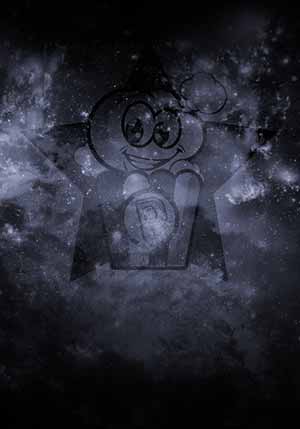Isaac Bashevis Singer
¿Quién es Isaac Bashevis Singer?
Isaac Bashevis Singer was born in 1903 to a Jewish family in Leoncin village near Warsaw, Poland. The Polish form of his birth name was Icek Hersz Zynger. The exact date of his birth is uncertain, but most sources say it was probably November 11, a date similar to the one that Singer gave to his official biographer Paul Kresh, his secretary Dvorah Telushkin, and Rabbi William Berkowitz. The year 1903 is consistent with the historical events that his brother refers to in their childhood memoirs, including the death of Theodor Herzl. The often-quoted birth date, July 14, 1904 was made up by the author in his youth, possibly to make himself younger to avoid the draft.
His father was a Hasidic rabbi and his mother, Bathsheba, was the daughter of the rabbi of Biłgoraj. Singer later used her first name in an initial literary pseudonym, Izaak Baszewis, which he later expanded. Both his older siblings, sister Esther Kreitman (1891–1954) and brother Israel Joshua Singer (1893–1944), became writers as well. Esther was the first of the family to write stories.
The family moved to the court of the Rabbi of Radzymin in 1907, where his father became head of the Yeshiva. After the Yeshiva building burned down in 1908, the family moved to Warsaw, a flat at Krochmalna Street 10. In the spring of 1914, the Singers moved to No. 12.
The street where Singer grew up was located in the impoverished, Yiddish-speaking Jewish quarter of Warsaw. There his father served as a rabbi, and was called on to be a judge, arbitrator, religious authority and spiritual leader in the Jewish community. The unique atmosphere of pre-war Krochmalna Street can be found both in the collection of Varshavsky-stories, which tell stories from Singer's childhood, as well as in those novels and stories which take place in pre-war Warsaw. ...
Source: Article "Isaac Bashevis Singer" from Wikipedia in English, licensed under CC-BY-SA 3.0.
Trabajos destacados
Géneros más habituales en las películas de Isaac Bashevis Singer
Géneros más habituales en las series de Isaac Bashevis Singer
Compañeros de trabajo recientes de Isaac Bashevis Singer
Las imágenes y retratos de actores y actrices mostrados en este sitio web son obtenidos de la base de datos pública de The Movie Database (TMDb), utilizada bajo los términos y condiciones de dicha plataforma. En caso de que alguna imagen o fotografía sea incorrecta, ofensiva, o pueda infringir derechos de imagen o copyright, puede ser editada o eliminada directamente en TMDb. Esto provocará su eliminación automática en este sitio web. Adicionalmente, si usted desea solicitar la eliminación de una imagen directamente en nuestro sitio web, puede utilizar el formulario de contacto ubicado al pie de la página. Atenderemos su solicitud de manera expedita y tomaremos las medidas necesarias para garantizar el cumplimiento de los derechos aplicables.
The images and portraits of actors and actresses displayed on this website are sourced from the public database The Movie Database (TMDb), used in accordance with its terms and conditions. If any image or photograph is incorrect, offensive, or may infringe image rights or copyright, it can be edited or removed directly on TMDb. This will automatically result in its removal from this website. Additionally, if you wish to request the removal of an image directly from our website, you may use the contact form located at the bottom of the page. We will promptly address your request and take the necessary measures to ensure compliance with applicable rights.








